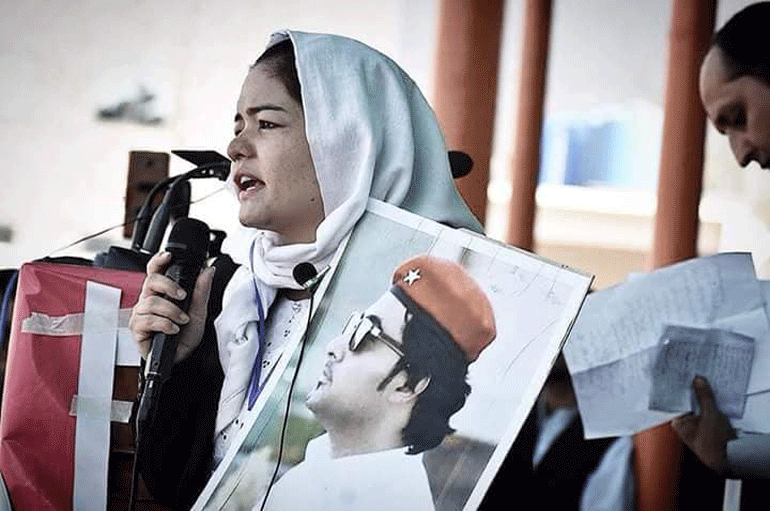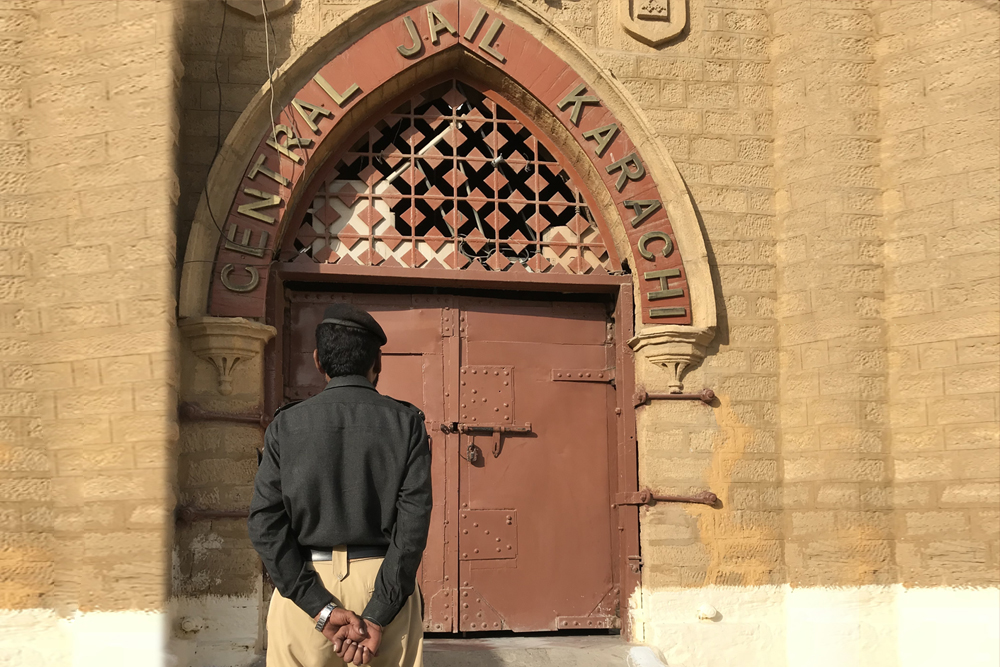KARACHI: In a recent development, the ICT has passed a bill prohibiting corporal punishment in workplaces, rehabilitation centers, educational institutes – whether formal, informal, or religious in nature, in the capital of Pakistan. It also bans corporal punishment in foster/daycare centers. The bill will now be passed in the senate, with the goal of protecting children from physical abuse and penalizing teachers for using physical punishment as a means of ‘correcting’ their students.
Section 89 of the penal code of Pakistan allowed for corporal punishment by permitting teachers to administer physical punishment for the “student’s own good”. The new bill aims to reverse Section 89 and hold teachers and guardians accountable for using physical means as punishment for a child.
Celebrities such as Shehzad Roy have spoken against corporal punishment on various occasions. In the past, the singer turned activist also endorsed an App – Tasdeeq Pakistan which allows for the management of educational institutes to do a background check on teachers and staff members.
View this post on Instagram
According to a report by Dawn, the bill, moved by Mehnaz Akbar Aziz of the PML-N, had actually been passed in 2019, however could not see progress as the discussion on its legislation was withheld for 15 months. After that, another community was referred to the bill, and it remained pending for a while there too.
Aziz appreciated the efforts of all who helped the passage of the bill, including Justice Athar Minallah of the Islamabad High Court and Shehzad Roy among many others. She stated, “Protecting our children requires more than passing this bill. The rules of business have to be clarified and the mindset that legitimizes corporal punishment needs to be changed through informative awareness campaigns.”
Human Rights Minister of Pakistan, Shireen Mazari also presented an amendment through which any complaints by children pertaining to corporal punishment will be brought before a court or a magistrate. Till now the complaint procedures have been vague, but after the amendment things have become clearer and more straightforward for victims.
Shehzad Roy’s Zindagi Trust had been working tirelessly for several years to ban corporal punishment in Pakistan. The organization sought to have the court look into the matter leading to the court suspending Section 89 in 2020.
View this post on Instagram
Zindagi Trust expressed its gratitude through a recent Instagram post: “Today, the National Assembly passed the Islamabad Capital Territory Bill Prohibition of Corporal Punishment Act, which bans physical punishments of children “however light” in all educational institutions, care facilities, and the workplace. This was made possible by the coming together of treasury and opposition benches, the past court orders of Justice Athar Minallah in the Islamabad High Court, and our friends in civil society who supported our advocacy along with our founder Shehzad Roy. Next step, Senate and changing mindsets through mass awareness campaigns!”

 Source: UNICEF
Source: UNICEF











